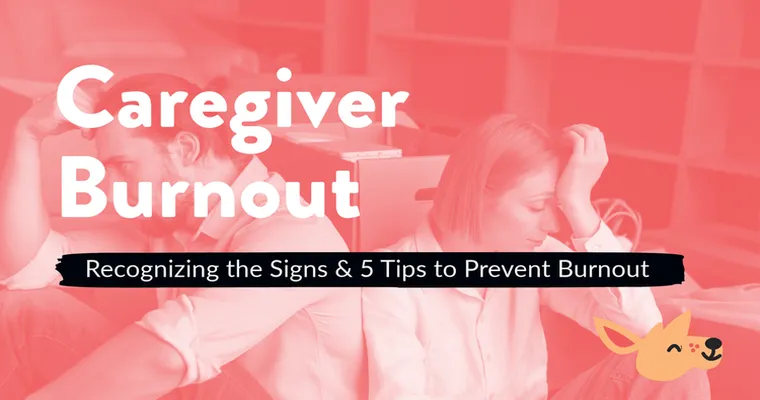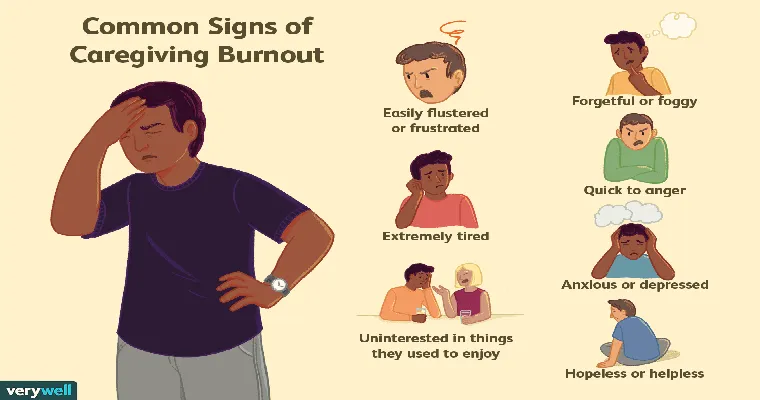Caregiver "burnout" is a significant issue that affects many individuals who dedicate their time to caring for others. This condition can lead to emotional, physical, and mental exhaustion, making it crucial for caregivers to be aware of the signs and symptoms. Understanding the factors that contribute to "caregiver stress" and recognizing the signs of burnout can help in taking proactive steps to maintain one's well-being.
What is Caregiver Burnout?
Caregiver burnout occurs when the demands of caregiving become overwhelming, resulting in a decline in the caregiver's health and well-being. Caregivers often face a variety of challenges, including long hours, emotional strain, and financial pressures. This can lead to feelings of frustration, exhaustion, and isolation. Recognizing caregiver burnout early is essential to prevent long-term consequences.
Signs and Symptoms of Caregiver Burnout
There are several signs and symptoms that may indicate a caregiver is experiencing "burnout". These include:
1. "Emotional Exhaustion": Feeling drained, overwhelmed, or unable to cope with daily responsibilities can signal burnout.
2. "Physical Symptoms": Chronic fatigue, headaches, and other physical ailments may arise from the stress of caregiving.
3. "Irritability and Mood Swings": Caregivers may find themselves more easily frustrated or upset.
4. "Withdrawal": A tendency to isolate oneself from friends and family can be a sign of burnout.
5. "Loss of Interest": A decline in enthusiasm for activities that once brought joy may indicate emotional fatigue.
Factors Contributing to Caregiver Burnout
Several factors can exacerbate caregiver stress and lead to burnout. These include:
"Inadequate Support": Feeling unsupported by family or friends can increase feelings of loneliness and stress.
"Unrealistic Expectations": Caregivers who set high standards for themselves may feel overwhelmed when they cannot meet those expectations.
"Lack of Resources": Limited access to healthcare, respite care, or financial aid can make caregiving more challenging.
"Chronic Care Needs": Caring for someone with a long-term illness or disability can lead to prolonged stress.
Coping Strategies for Caregivers
Recognizing the signs of caregiver burnout is the first step toward addressing the issue. Here are some effective coping strategies:
1. "Seek Support": Connecting with support groups or talking to friends and family can provide emotional relief.
2. "Take Breaks": Scheduling regular breaks and time for self-care can help recharge emotional batteries.
3. "Set Realistic Goals": Adjusting expectations and setting achievable goals can alleviate pressure.
4. "Practice Mindfulness": Engaging in mindfulness practices, such as meditation or yoga, can help manage stress.
5. "Professional Help": Consulting with a mental health professional can provide valuable strategies for coping with burnout.
Conclusion
Recognizing caregiver burnout is essential for maintaining the health and well-being of those who provide care for others. By being aware of the signs and understanding the contributing factors, caregivers can take proactive steps to manage their stress and prevent burnout. Remember, taking care of yourself is just as important as taking care of others. Prioritizing your well-being will ultimately lead to better care for those you love.





